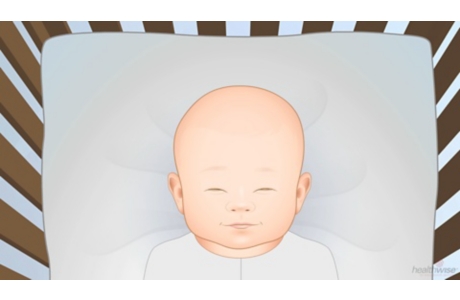Overview
Babies
Babies, especially newborns, are more likely to suffer injury from cold temperature exposure.
- They have a large body surface area compared with their weight. Their body heat is lost more rapidly when exposed to cold weather conditions.
- Their ability to regulate body temperatures is not well-developed. They are not able to shiver (which warms a person up).
- They don't have much fat under their skin (which keeps them warm).
Older adults
Older adults are more likely to have a cold injury, especially hypothermia, because:
- Their normal body temperature may decrease with age.
- They can't regulate their body temperature as well. They do not produce as much heat energy. They also have less body fat.
- Their blood vessels do not narrow (constrict) and conserve body heat as easily.
- They do not shiver as much. Shivering warms the body.
- Their mental awareness of changes in temperatures may change.
- They have medical conditions that increase their risk for hypothermia. Some of these conditions include:
- Arthritis.
- Thyroid disease.
- History of a stroke.
- Alzheimer's disease.
- Parkinson's disease.
- Diabetes.
- Heart failure.
- Poor nutrition.
- Multiple sclerosis.
- Body infection (sepsis).
- Skin conditions, such as psoriasis.
- They are more likely to be using medicines that may affect their response to cold.
- They may live alone and have fewer resources to keep them safe from cold injury. They are more likely to have poorly heated homes.
Related Information
Credits
Current as of: July 31, 2024
Author: Ignite Healthwise, LLC Staff
Clinical Review Board
All Healthwise education is reviewed by a team that includes physicians, nurses, advanced practitioners, registered dieticians, and other healthcare professionals.
Current as of: July 31, 2024
Author: Ignite Healthwise, LLC Staff
Clinical Review Board
All Healthwise education is reviewed by a team that includes physicians, nurses, advanced practitioners, registered dieticians, and other healthcare professionals.





